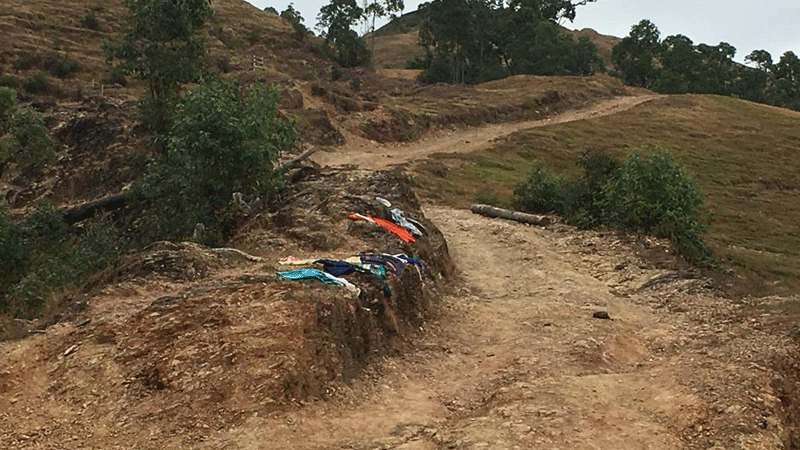The Road to Coffee
Timor-Leste is, at long last, a sovereign state located just to the east of Indonesia on the island the two countries share, north of Australia. It’s where William Bligh and his Bounty mutineers headed in 1789.
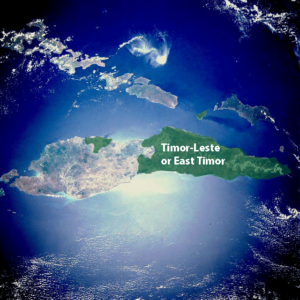
As do many countries around the world, Timor has a mottled history. The Portuguese settled there in 1520, followed by the Spanish (1522), Dutch (1613), British (1812), Japanese (World War II), and back after the war to Portuguese governance until 1975. In 1976, Indonesia laid claim to Timor, and struggles continued until 1999, when it regained status as an independent country, though under United Nations supervision. Timor-Leste elected its first president in 2002. The last of the UN security mission left in 2013.
The island is not volcanic. It has a short rainy season and a long one, when hot winds blow over from Australia. Remaining forests are primarily deciduous, including the valuable sandalwood trees. Over the centuries, much of the native vegetation was removed to create farms, among them coffee farms. 1.5% of the country’s 1.3 million people grow coffee. 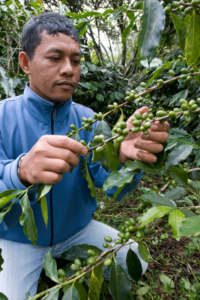
In 2000, a group of farmers united to form Cooperativa Café Timor. Today’s CCT has 19,600 members from 16 base cooperatives and 494 small-scale farmer groups. 128,000 acres are cropped. It is because the CCT carries enough clout to sell Timor’s coffee to the international market that this sector of the economy has grown so quickly since the turn of the century. From its inception, CCT set as goal the production of high-quality specialty coffee. They are working with national and international organizations to educate farmers and establish a dependable infrastructure that includes roads more passable than the actual Timor road pictured here.
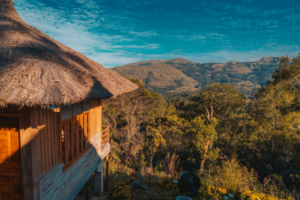
Photo courtesy of Pete Rojwongsuriya.
Most coffee growers cultivate less than a hectare of coffee, and yet the 104,000 bags annually produced represent 80% of the country’s total exports and are its only cash crop. The coffee beans are shade-grown at high altitude, inter-cropped with trees and food crops. Generally, neither chemical fertilizers nor insecticides are available, making the crop organic by lack of opportunity for non-natural additives.
The coffee industry in Timor is developing quickly, but still is in its beginning stages. The March Coffee of the Month, Timor Triumph is a blend of several farmers’ crops, and we think you’ll like it now and its successors in years to come.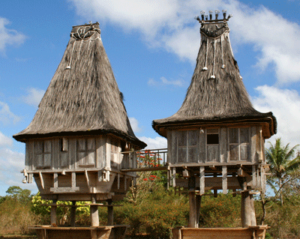
Once brewed, you can expect some of the hallmarks of Southeast Asian coffee: caramel, black cherry, fig, and melon, but notice the extended finish and a woodsy character to the aroma.


